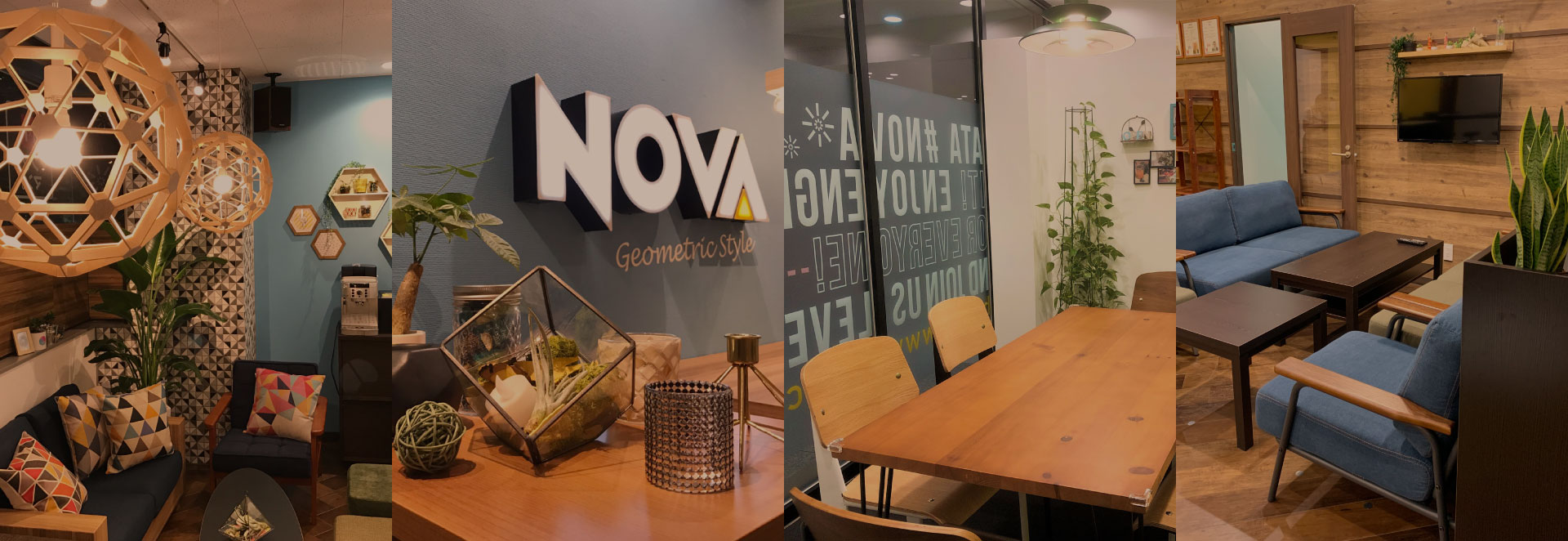Hello, everyone🐰💙
皆さんこんにちは!英会話NOVA札幌駅前校です!
本日は、今週のフレーズの3月分の一部を配信します!
復習に是非ご活用ください!
【get up to】
“get up to” = “do”.
We use “get up to” as a casual way to say “do”. It also sounds more active or interesting than “do”. In the past tense, we use it to ask for someone’s news. For example, “What did you get up to last weekend?”. We can use it for the future, too, in a question, for example, “What will you get up to this weekend?”.
<日本語訳>
“get up to” = “do”.
私たちは「する(do)」というカジュアルな言い方として「get up to」を使います。
「get up to」を用いると「do」よりもアクティブで面白く聞こえます。
過去形では、「先週末は何をしていましたか?」などと誰かのニュースを尋ねるのに使います。
また、「今週末は何をしますか?」など将来のことについて尋ねるときも使用できます。
発音の際は、get と upをつなぎ、
アメリカ英語では、「ゲダッ」
イギリス英語では、「ゲラッ」
と言うように発音することが多くなっています。(Joe先生からのアドバイス)
幅広い年齢層に知られている1986年のヒット曲「DESIRE -情熱-」(中森明菜)の冒頭を思い浮かべ、発音できるとネイティブらしく発音しやすくなります!
\♪Get up,Get up,Get up…/


【“have been up to” = “have been doing”】
If we haven’t met someone for a while, we can ask, “What have you been up to (recently / lately / since we last met)?”
If we didn’t do anything special, we can say: “Not a whole lot.” = “Not much.”
<日本語訳>
“have been up to” = “have been doing”
しばらく誰かに会っていなかった場合、
“What have you been up to (recently / lately / since we last met)?”‐「最近どうしてたの?」と尋ねることができます。
特別なことを何もしていなかった場合は
“Not a whole lot.” = “Not much.”‐「別に何もないよ。」と言うことができます。
\What have you been up to recently?/

Dad:Not a whole lot.
Mom:Not much.
Daughter:I’m having fun with my friend! I enjoy singing at the karaoke lounge with her on every Monday!
本日の配信は、6週目と7週目を記載しております。8週目は次回のブログで紹介します。
少しでも英会話に興味がありましたら
お問い合わせください。
⭐⭐⭐⭐⭐⭐⭐⭐⭐⭐⭐⭐⭐⭐⭐⭐
NOVA札幌駅前校
校舎へのアクセスはこちら >>
⭐⭐⭐⭐⭐⭐⭐⭐⭐⭐⭐⭐⭐⭐⭐⭐


